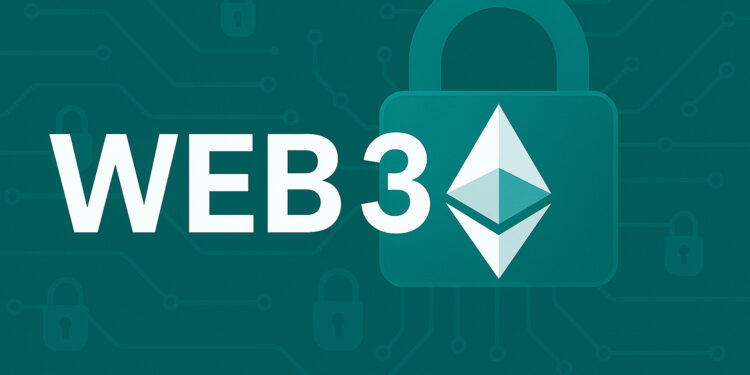- Ethereum co-founder, Vitalik Buterin, has argued in a blog post that privacy must be a top priority for web3 developers as the risks associated with governments and corporations accessing individuals’ data grow.
- Previous assumptions that governments are well intentioned and that social culture will continue to progress in a positive direction are overly optimistic, according to Buterin.
- Buterin argues that blockchains can become tools to preserve individuals’ privacy by increasing the use of privacy-preserving technologies, such as zero-knowledge proofs.
Ethereum co-founder Vitalik Buterin has argued in an article published on his blog on April 14, that privacy should be a top priority for web3 developers.
Privacy is an important guarantor of decentralization: whoever has the information has the power, ergo we need to avoid centralized control over information.
 Vitalik Buterin, Ethereum co-founder
Vitalik Buterin, Ethereum co-founderButerin claimed that preserving individuals’ privacy is becoming increasingly important in a world where it can no longer be assumed governments and corporations have good intentions. He said the idea of developing a transparent yet fair society where privacy wasn’t a concern was based on “overly-optimistic assumptions” that:
- The top-level layers of global politics would be generally well-intentioned and sane; and
- Culture would keep improving, meaning no need to fear harsh judgements from peers.
“Today, there is no single major country for which the first assumption is broadly agreed to be true, and quite a few for which it’s broadly agreed to be false,” Buterin said. He also argued cultural tolerance had been rapidly regressing.
To improve Ethereum’s privacy, Buterin suggested increasing the use of privacy-preserving technologies, such as zero-knowledge proofs (ZK proofs) and Ethereum’s recently launched privacy pools.
Related: Vitalk Buterin Says Ethereum Has “Crazy Strong” Fundamentals
Government Back Doors into Computer Systems “Risky”, Says Buterin
Buterin said allowing government back doors into computer systems is “risky” and that, in practice, these back doors allow not just the government to access users’ data, but a large number of “corporate entities” of “varying levels of quality”.
Access to this kind of data creates a number of risks, including the risk of misuse by authorised parties (including illegally selling the data), the risk of hacking and the risk the political regime could change and the data could be used against individuals, Buterin said.
By far the safest approach to handling large-scale data is to centrally collect as little of it as possible in the first place.

 Vitalik Buterin, Ethereum co-founder
Vitalik Buterin, Ethereum co-founder“Data should be maximally held by the users themselves, and cryptographic means used to enable aggregation of useful statistics without compromising individual privacy,” he said.
Blockchain Can Be Part of the Privacy Solution
Buterin argued that decentralised blockchain networks can help protect individuals’ privacy against growing encroachment by governments and corporations by increasing the use of privacy-preserving technologies such as ZK proofs.
“Programmable cryptography techniques like zero-knowledge proofs are powerful, because they are like Lego bricks for information flow. They can allow fine-grained control of who can see what information and, often more importantly, what information can be seen at all,” Buterin explained.
“For example, I can prove that I have a Canadian passport that shows I am over 18, without revealing anything else about myself.”
Related: Monero, Zcash, Other Privacy Coins Under Fire as Binance Hints Delisting
Buterin also suggested Ethereum’s recently launched privacy pools features could help preserve users’ privacy while also proving their assets aren’t linked to illicit activities, all without providing backdoor access:
When spending, users can prove that their coins came from a source that is not part of a publicly known list of hacks and thefts; the hackers and thieves themselves are the only ones who would not be able to generate such a proof, and so they would not be able to hide.

 Vitalik Buterin, Ethereum co-founder
Vitalik Buterin, Ethereum co-founderCredit: Source link






















